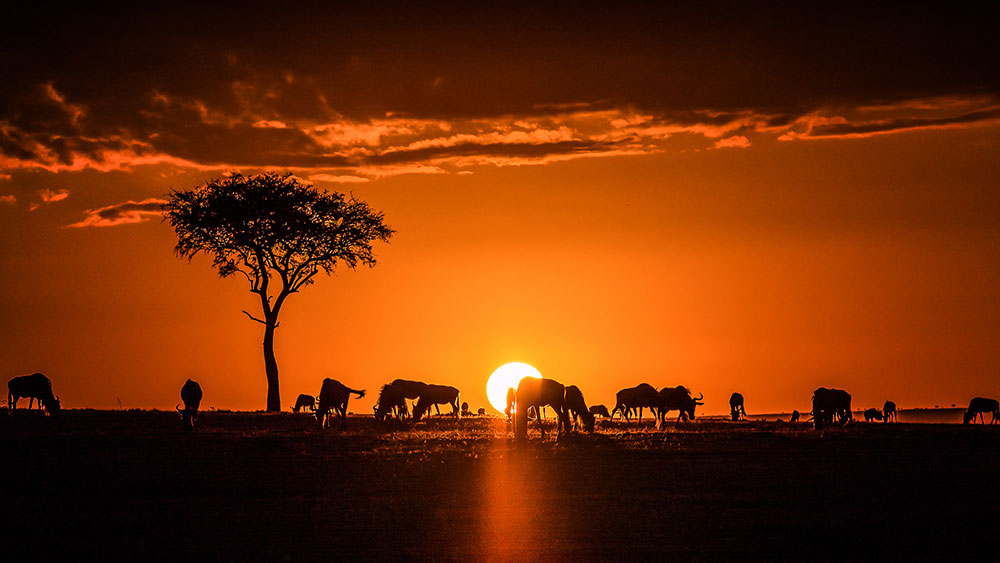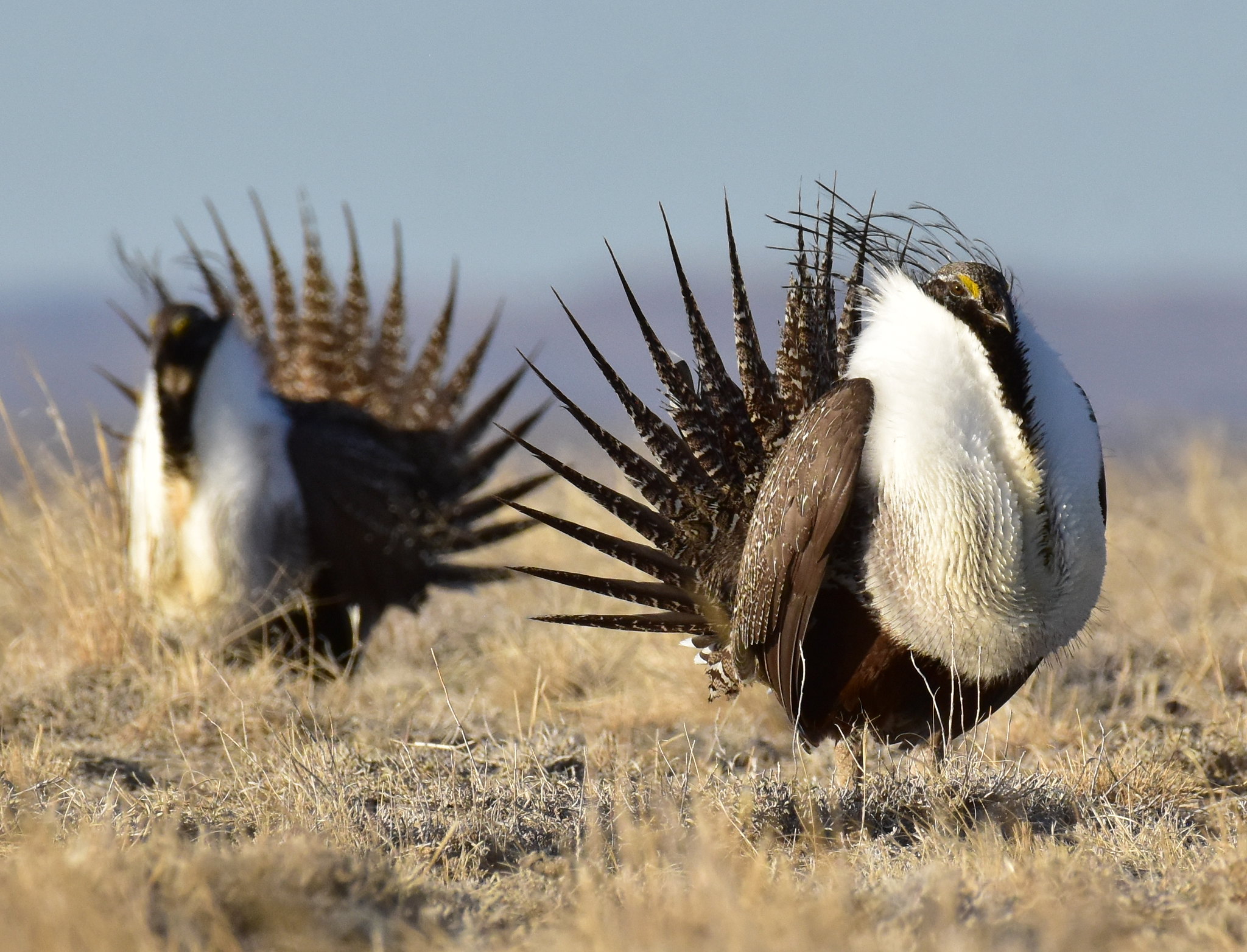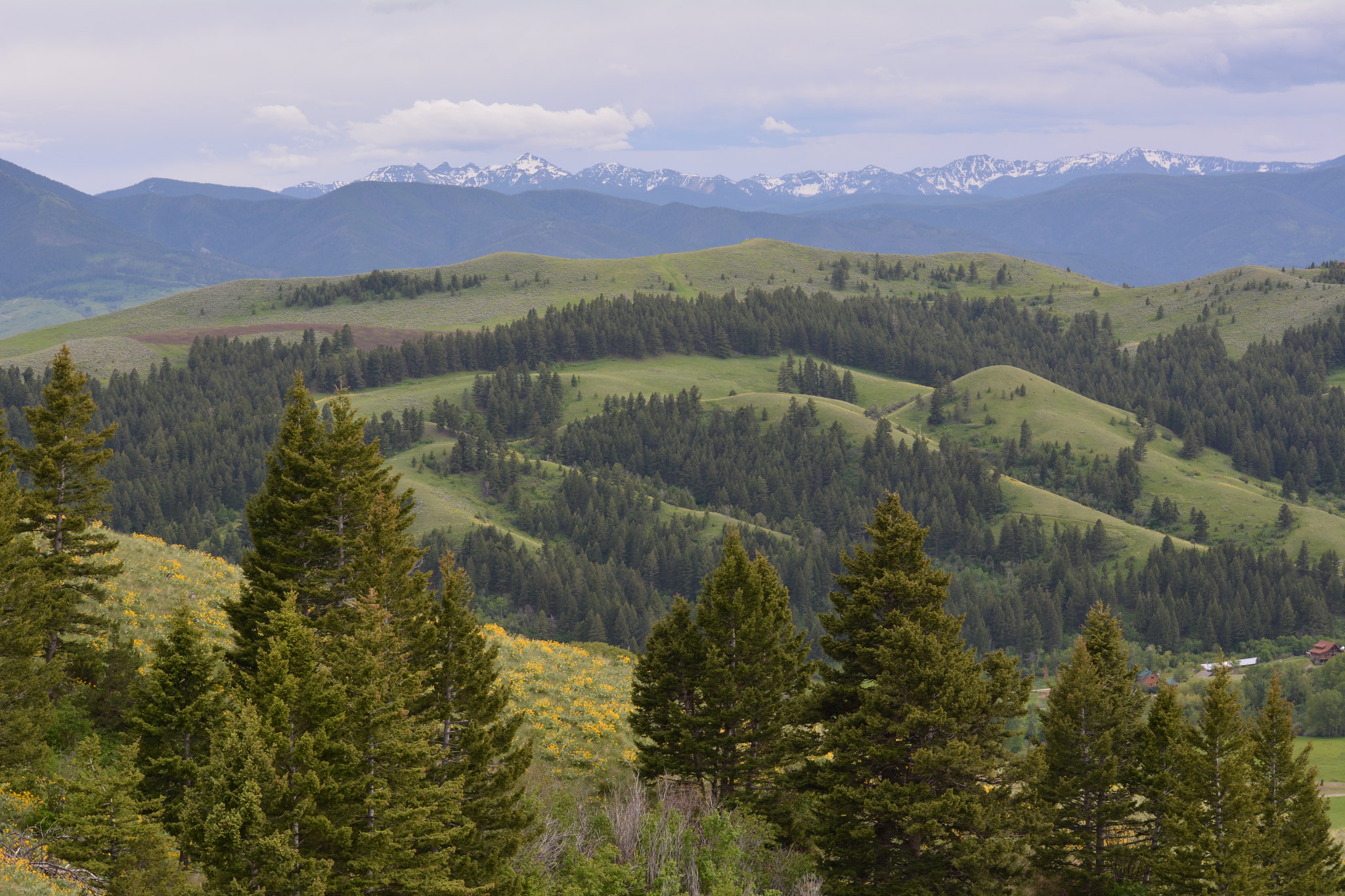Lions, wildebeests, elephants, and cheetahs—all are found in the Serengeti-Mara region of eastern Africa. Kenya’s Maasai Mara National Reserve protects much this wildlife, with throngs of tourists flocking to snap photos of these iconic species.
Yet all is not well for the wildlife of the Massai Mara. Mounting pressures from development and poaching are causing wildlife populations in the national reserve to plummet.
Enter the Maasai tribe, a pastoral community who owns the land bordering the reserve. Jake Grieves-Cook, a safari camp operator, and Sammy Ole Mpusia, a member of the Maasai, recognized the land’s importance for threatened animal populations. They sought to set aside 8,500 acres of Maasai land as a wildlife conservancy and a small safari camp in 2004.
To do so, they offered to pay the Maasai a fixed fee per acre of land leased, plus a percentage of tourism revenues. In return, the Maasai agreed to keep their livestock off the conservancy to improve wildlife habitat. The deal created the Ol Kinyei Conservancy, with Grieves-Cook’s company, Porini Camps, operating an exclusive safari camp on it.
“Unlike other conservancies, our lease payments go to individual landowners’ bank accounts, not group ranch officials,” says Ole Mpusia. The result is a greater tolerance for wildlife among the Maasai community. The safari camp also directly employs Maasai members as camp staff, tour guides, wildlife spotters, and rangers.
Now more than double in size, Ol Kinyei provides a valuable home for Kenya’s wildlife. The lack of humans and livestock allows wildlife populations to flourish. It is not uncommon to spot four of the “Big Five” wildlife species—Cape buffalo, elephants, leopards, and lions, missing only the rhino. As wildlife numbers decrease in the neighboring national reserve, Ol Kinyei is experiencing a substantial increase in wildlife numbers.
Ol Kinyei is a win for all involved. The Maasai earn additional revenues, safari visitors catch a glimpse of spectacular wildlife, and threatened species are now flourishing where they were once in decline.




